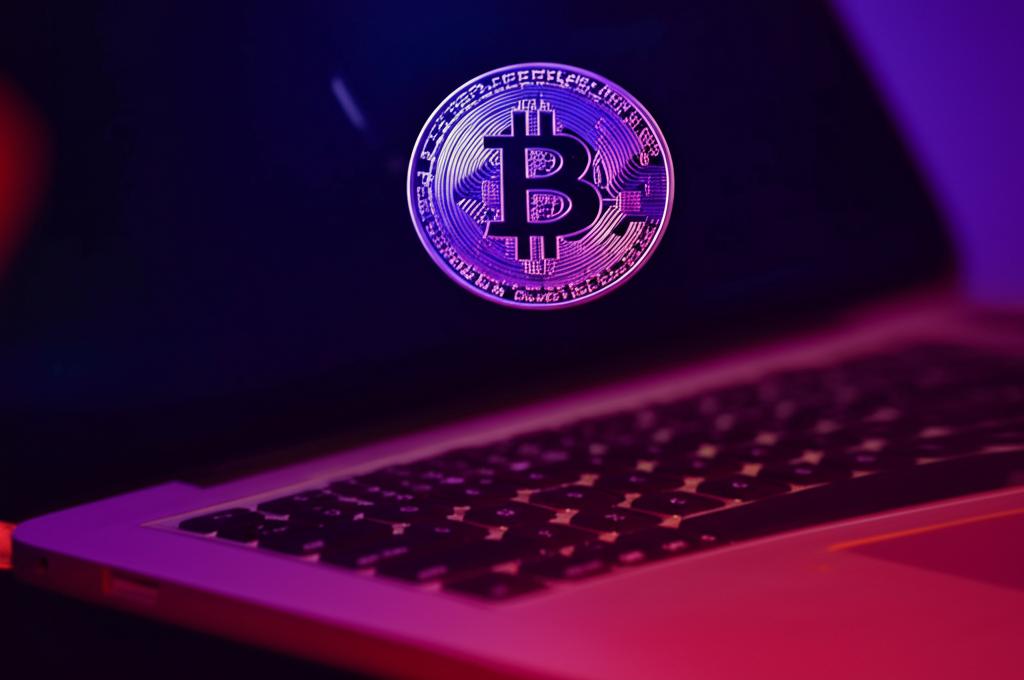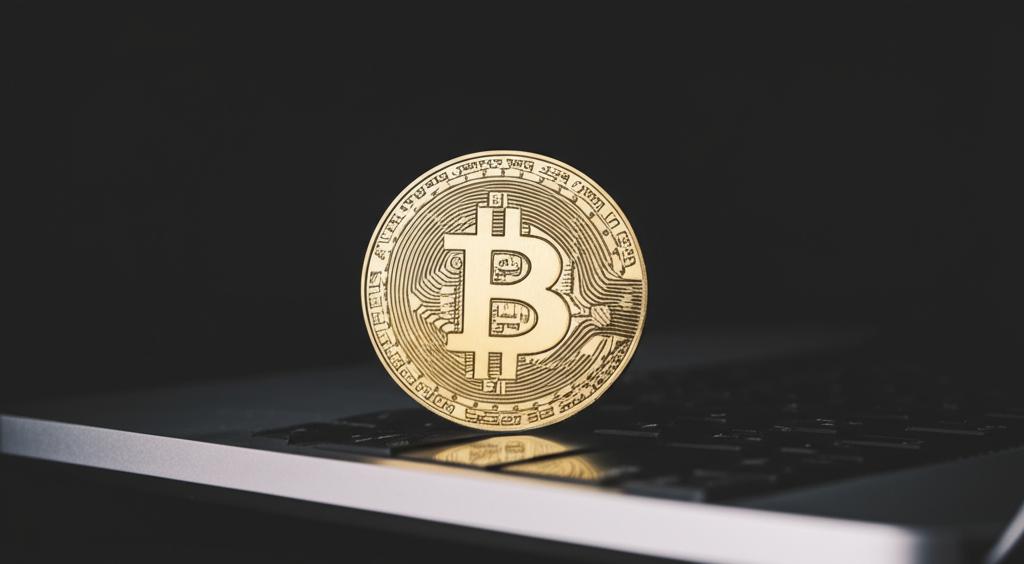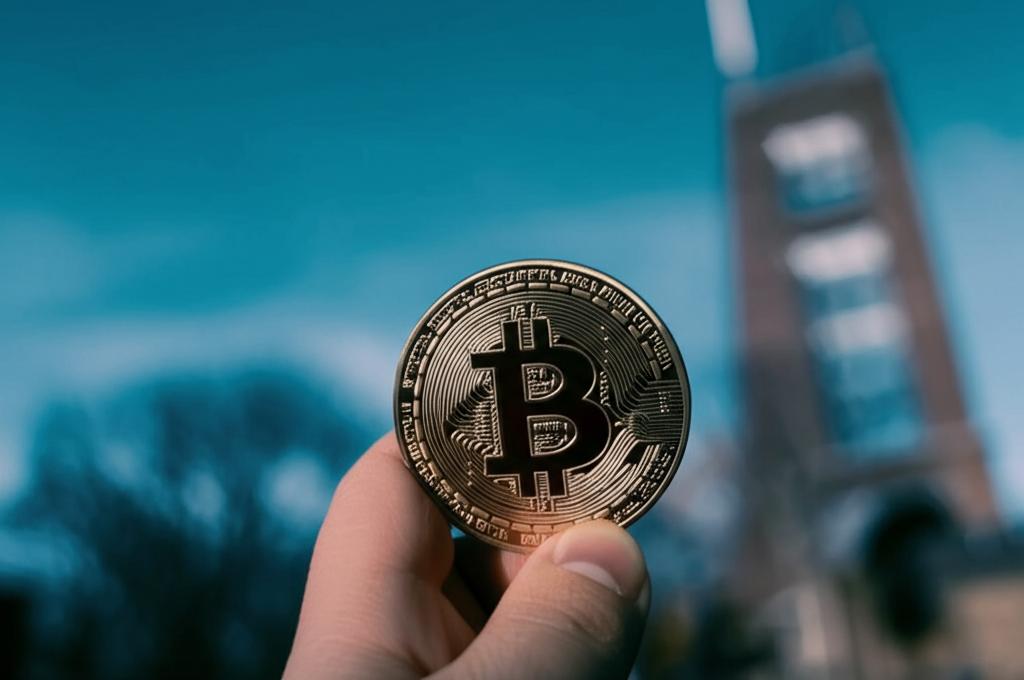Document not found, overwrite this content with #not-found slot in <ContentDoc>.
Make Informed Decisions in the Volatile Crypto World
The Kingfisher: Your Trusted Guide to Data-Driven Trading!
Author
The Kingfisher

The Kingfisher, a trailblazer in liquidation forecasting and algorithmic trading, is renowned for providing insightful and groundbreaking Liquidations maps and custom data. Dedicated to sharing valuable knowledge and strategies, The Kingfisher team empowers their members to evolve and succeed in the dynamic world of trading





